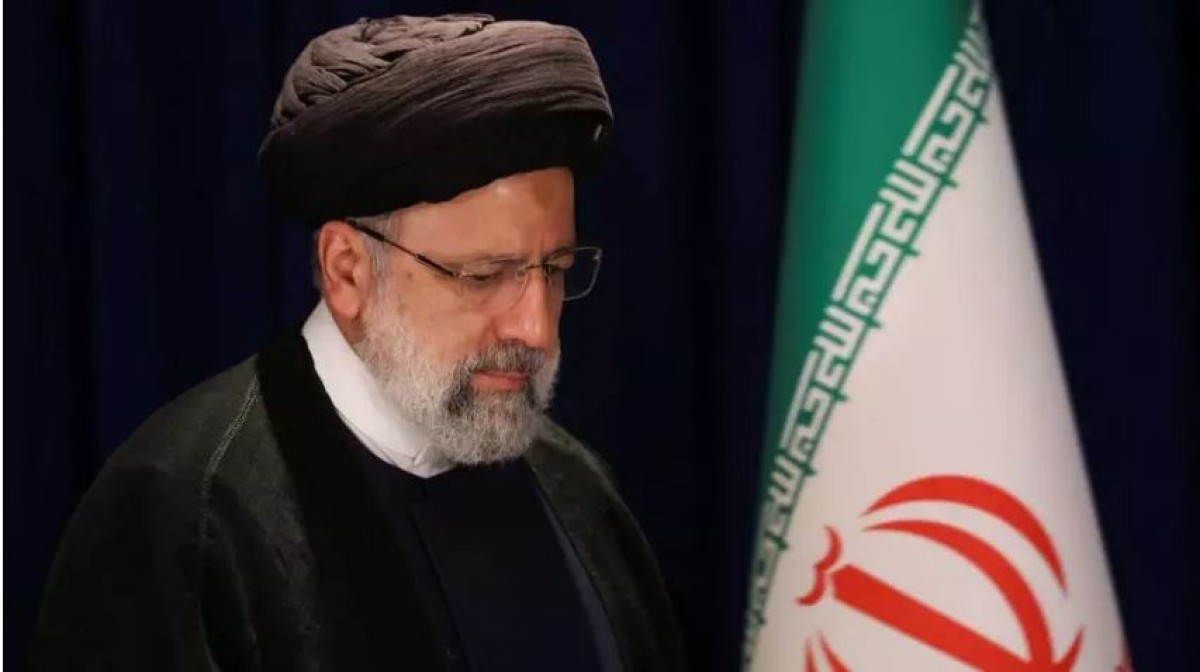 149
149
Reducing poverty and strengthening the economy in the country is another legacy of Shahid Raisi
Reducing poverty and strengthening the economy in the country is another legacy of Shahid Raisi
Ehsan Khanduzi, spokesman for economic affairs of the Iranian government, announced that the country's poverty levels have markedly decreased, according to a recent World Bank report. The poverty rate in Iran has fallen by 7.4 percent, dropping from 29.3 percent to 21.9 percent.
Despite perceptions that the World Bank and other international financial organizations often adopt unsympathetic stances towards Iran, Khanduzi emphasized that the country's rapid economic growth has been significant enough to be acknowledged globally. He noted that Iran's economic growth this year and the next is projected to surpass that of the previous year.
The World Bank's report included detailed statistics on the poverty situation in various countries, including Iran. The organization uses three poverty lines: an extreme poverty line with a daily income of $2.15 per person, a poverty line with a daily income of $3.65, and another with an income of $6.85 per day.
Examining these metrics, the World Bank's data indicates substantial progress by Iran's 13th government in reducing poverty. The proportion of the population living in extreme poverty (under $2.15 per day) decreased from 0.8 percent at the start of the current administration to 0.7 percent in 2021 and further to 0.5 percent in 2022.
Similarly, the percentage of Iranians living on less than $3.65 per day fell from over 6 percent in 2020 to 5 percent in 2021 and 4 percent in 2022, the lowest level since 2017. For those living on less than $6.85 per day, the figure dropped from 29 percent in 2020 to 25 percent in 2021 and then to 22 percent in 2022.
This positive trend is attributed to several government initiatives, including basic insurance, enhanced health facilities, free medical treatment, allowances for nursing mothers, and free feeding programs for children under five. These services have played a critical role in reducing poverty levels.
Khanduzi highlighted that these improvements have been achieved despite ongoing international sanctions, crediting the government's innovative foreign policy strategies. Key developments include revitalized relations with regional and neighboring countries, the release of funds from South Korea, and Iran's membership in international organizations such as the Shanghai Cooperation Organisation (SCO) and BRICS. Iran's position in the Organization of the Petroleum Exporting Countries (OPEC) has also been bolstered.
The cooperation between Iran's government and parliament has further facilitated the adoption of significant legislation, including the Central Bank Law and a new business tax plan. An income tax bill has also been completed and submitted to parliament.
Khanduzi concluded by acknowledging the legacy of Ayatollah Raisi, whose government initiated these measures. Despite the tragedy of his death in a helicopter accident, his administration's policies continue to drive economic improvement and poverty reduction in Iran
 149
149
Comment
Post a comment for this article